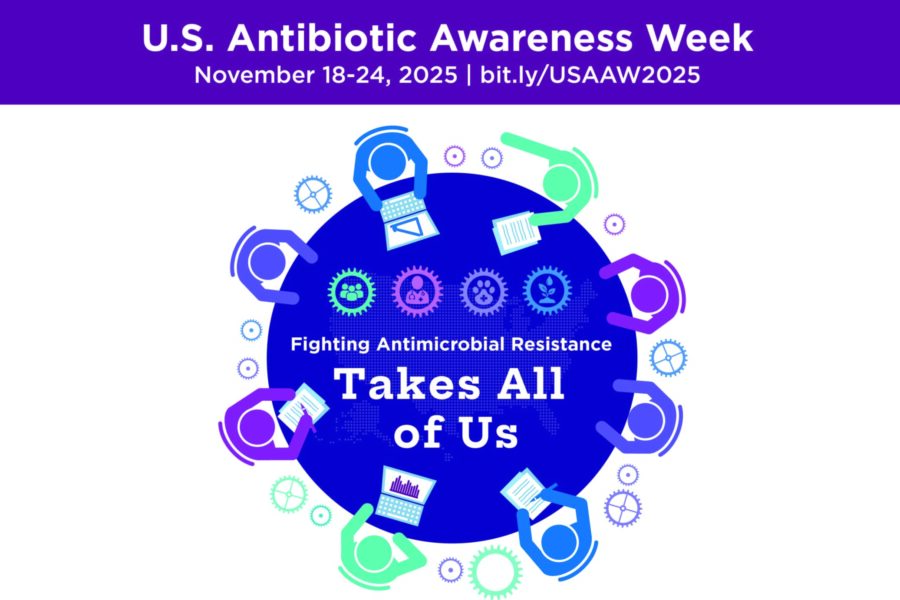Why Equity Matters in Stewardship
Antimicrobial resistance (AMR) is a global health crisis, but its impact is not evenly distributed. Vulnerable populations, especially those with limited access to healthcare, marginalized communities, and patients in resource-limited settings, face disproportionate risks. These disparities stem from systemic barriers, including unequal access to diagnostics, inconsistent prescribing practices, and language or literacy challenges.
Research shows that racial and socioeconomic differences influence antibiotic prescribing patterns, often driven by implicit bias or structural inequities. For example, some groups may receive antibiotics unnecessarily, while others experience delays in appropriate therapy. Both scenarios increase AMR risk and worsen health outcomes.
Clinician Action Steps
- Audit Prescribing Patterns for Equity
Regularly review antibiotic use data by race, ethnicity, and socioeconomic status. Identify trends and address gaps through education and policy changes. - Improve Access to Diagnostics
Advocate for point-of-care testing in safety-net clinics and rural settings. Accurate diagnosis reduces unnecessary antibiotic use and ensures timely treatment for bacterial infections. - Use Culturally and Linguistically Appropriate Materials
Provide patient education in multiple languages and formats. The CDC Health Literacy Resources offer tools for creating clear, accessible instructions. - Engage Community Health Workers
Community-based outreach can bridge gaps in understanding and adherence, especially in populations with limited health literacy.
Why This Matters for Clinicians
Embedding equity into stewardship is not just ethical, it’s essential for effectiveness. When patients lack access to care or clear instructions, antibiotics are misused, resistance spreads, and outcomes worsen. By addressing these gaps, clinicians help ensure stewardship benefits all patients, not just those with resources.
Key Takeaways:
- AMR disproportionately affects underserved populations.
- Equity-focused stewardship improves outcomes and reduces resistance.
- Clinicians can lead by auditing prescribing patterns, improving access, and tailoring education.
Resources
- Advancing health equity through action in antimicrobial stewardship and healthcare epidemiology
- Prioritizing Equity in Antimicrobial Stewardship Efforts (EASE): a framework for infectious diseases clinicians
- Inclusion, diversity, access, and equity in antimicrobial stewardship: where we are and where we are headed
- Health Equity and Antibiotic Prescribing in the United States: A Systematic Scoping Review
